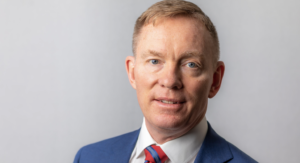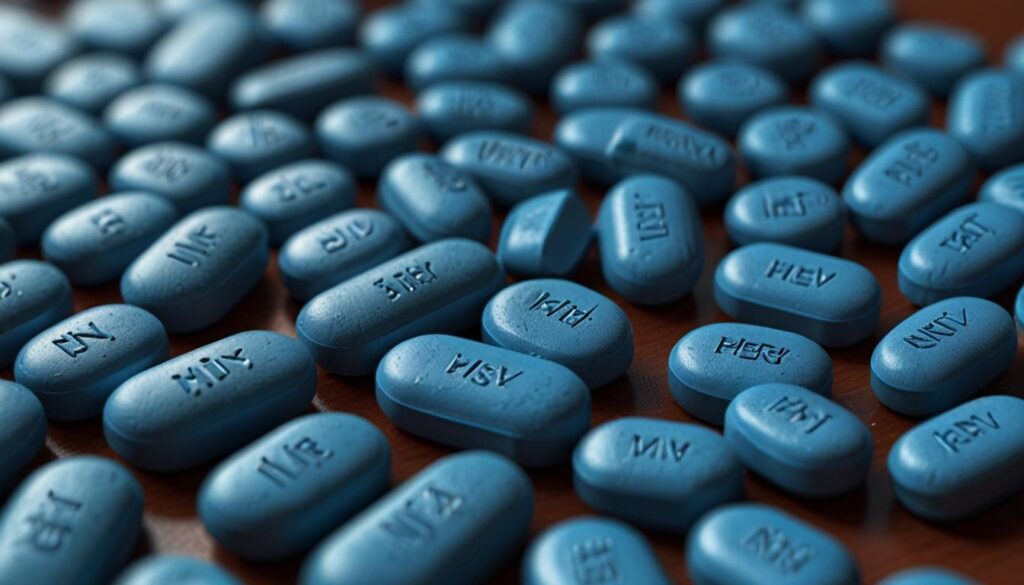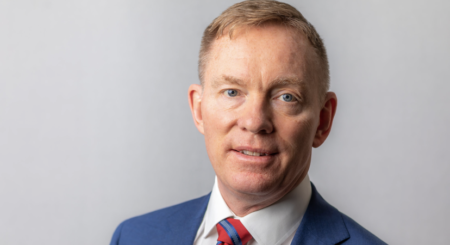Australia’s healthcare system is facing a significant challenge due to a shortage of HIV prevention medication, prompting sexual health organisations to urge individuals to plan ahead to avoid running out.
Australia’s healthcare system is facing a significant challenge due to a shortage of Pre-Exposure Prophylaxis (PrEP), an important HIV prevention medication. Sexual health organisations are urging those who rely on PrEP to plan ahead to avoid running out as the country works to address the supply issues.
PrEP, a combination of antiretroviral drugs tenofovir and emtricitabine, has been hailed as a “game-changer” in preventing HIV transmission, with a 99% efficacy rate among gay and bisexual men when taken daily. It was included in the Pharmaceutical Benefits Scheme (PBS) in 2018, making it more accessible to those at high risk of HIV infection.
The Therapeutic Goods Administration (TGA) recently confirmed shortages of multiple brands of tenofovir/emtricitabine combination tablets. These tablets are not only used for HIV prevention but are also approved for treating HIV-infected adults in combination with other antiretroviral agents. The TGA cited issues related to manufacturing, commercial changes, and viability as contributing factors to the shortages. To address this, the TGA has approved the importation and supply of overseas-registered tablets.
Matthew Vaughan, the director of HIV and sexual health at Acon, advised individuals currently taking PrEP to plan ahead and avoid waiting until the last minute to restock their medication. “Given the current situation, you may need to visit more than one pharmacy to find a supply, and there may be limitations on how many bottles of PrEP you are able to obtain from the pharmacy,” he said. He also suggested that those not engaging in regular or frequent sexual activity might consider an on-demand dosing schedule.
The shortage comes as the Kirby Institute released the latest data on HIV diagnoses in Australia. While the number of new HIV diagnoses increased in 2023 compared to 2022, it remains lower than pre-pandemic levels, continuing a long-term trend of declining diagnoses. Dr. Skye McGregor from the Kirby Institute attributed the increase to the resumption of pre-Covid sexual behaviours and the movement of people in and out of the country.
The report highlighted a 33% reduction in HIV diagnoses over the past decade, with a significant reduction of 64% among Australian-born gay and bisexual men. Prof. Andrew Grulich of the Kirby Institute mentioned the importance of ensuring that HIV prevention strategies, including PrEP, reach all populations at risk, as there are inconsistencies in coverage.




















